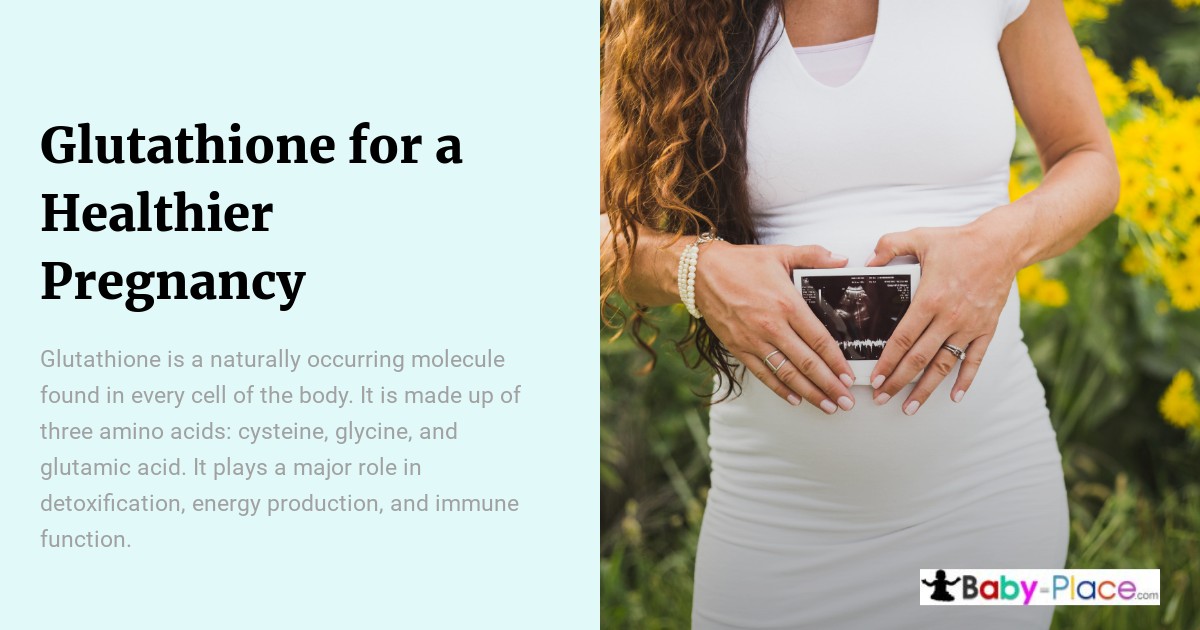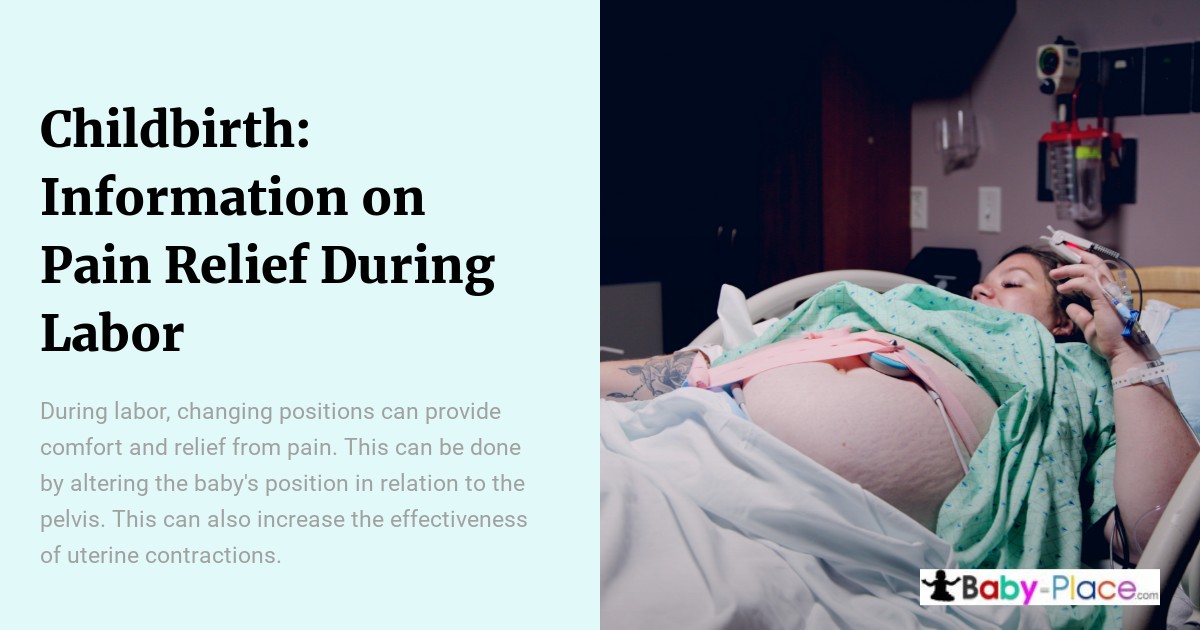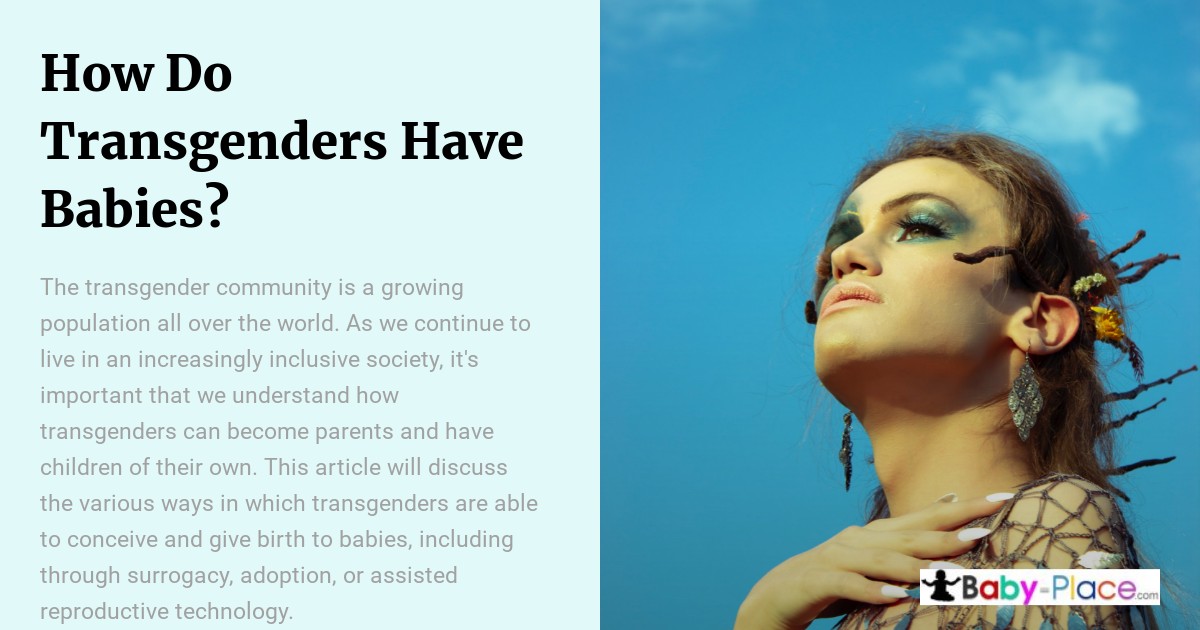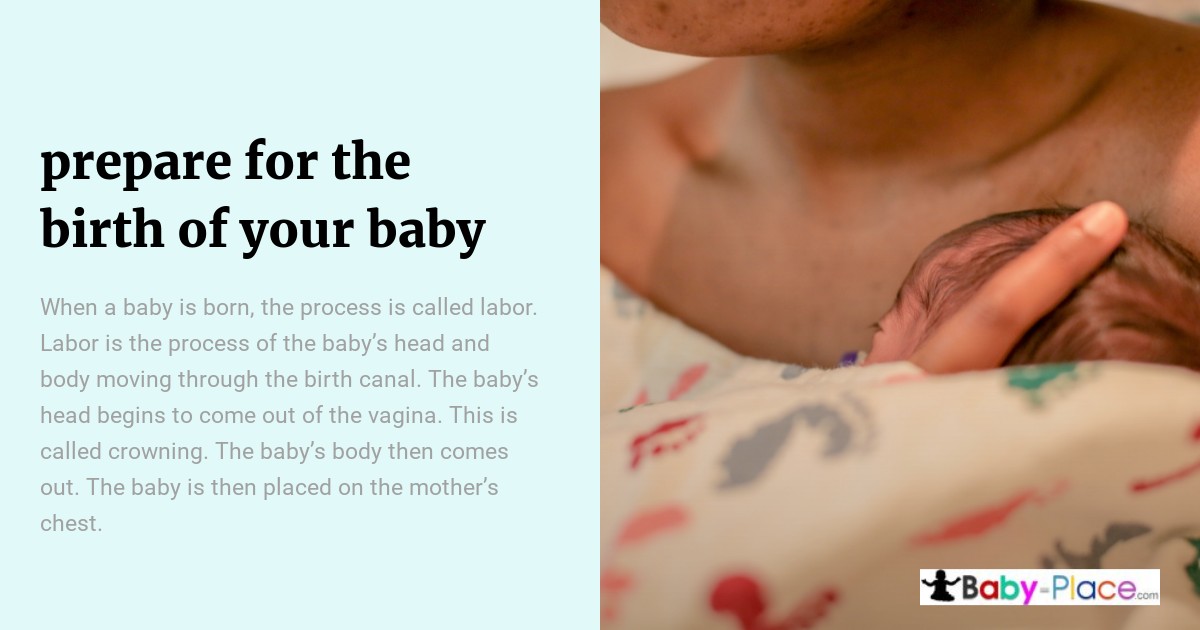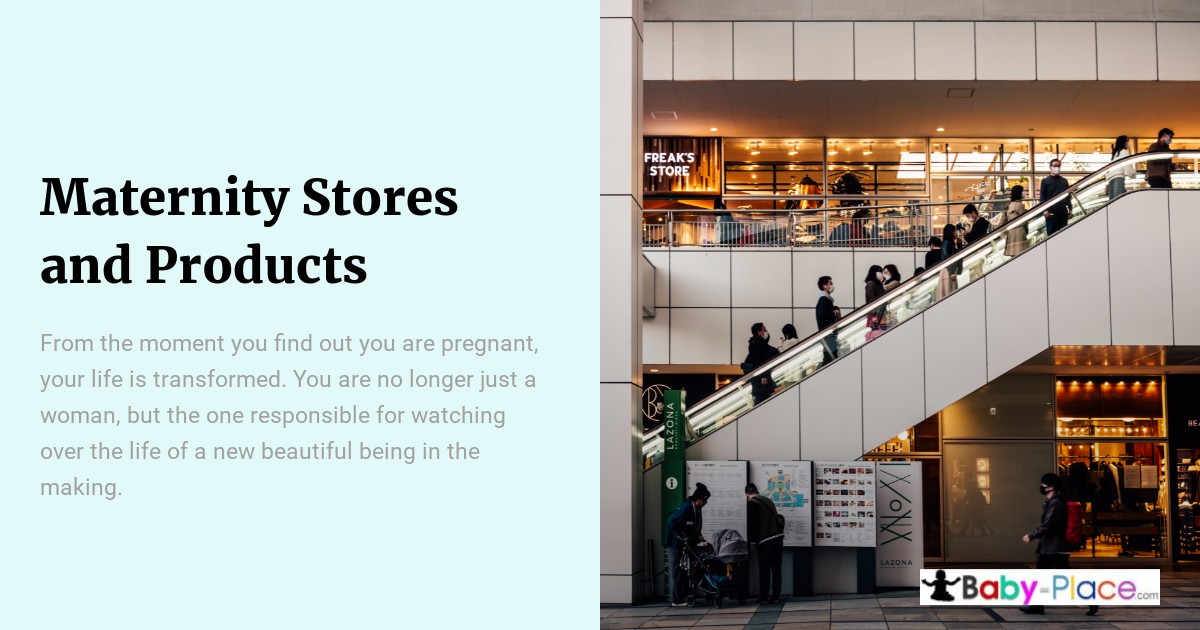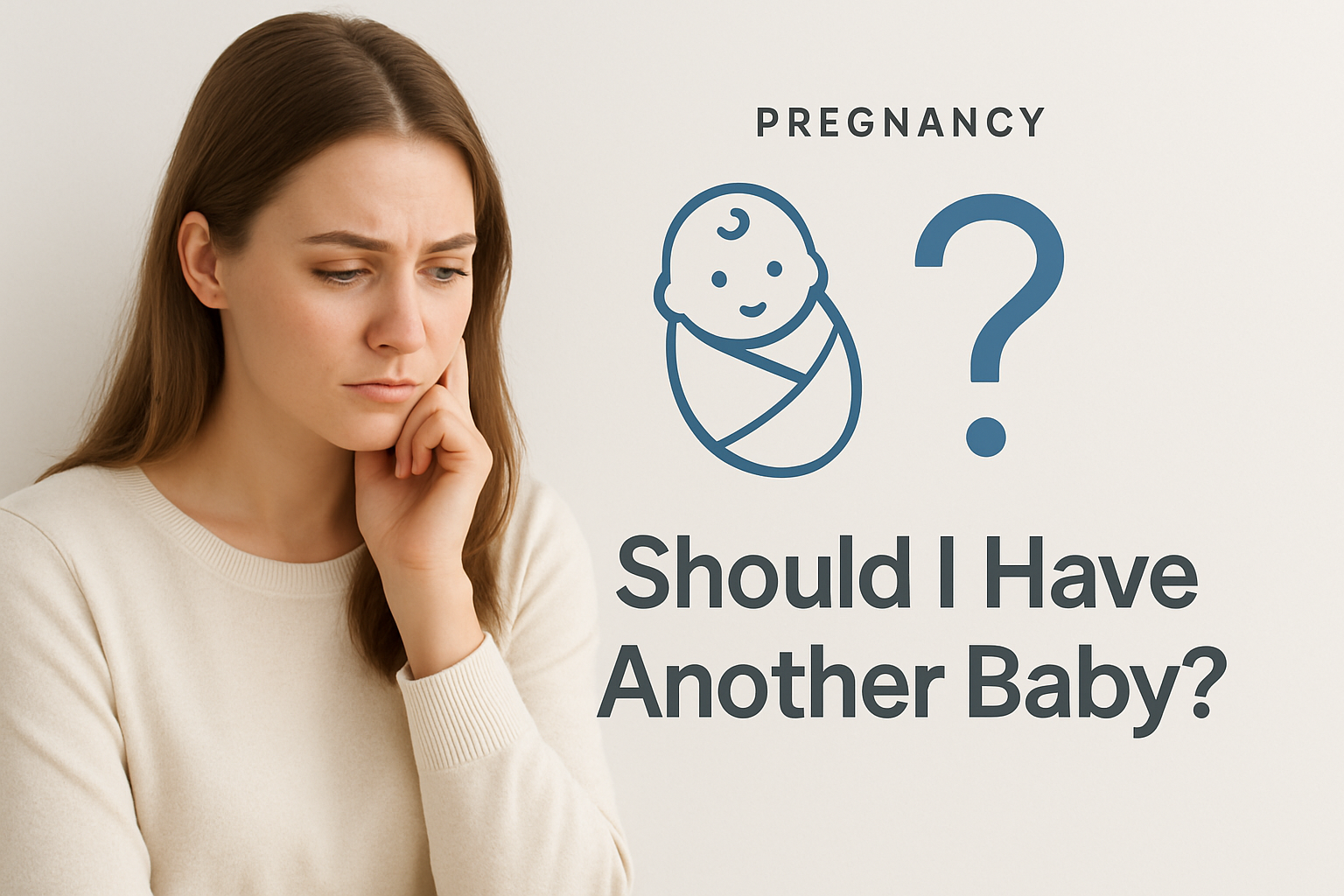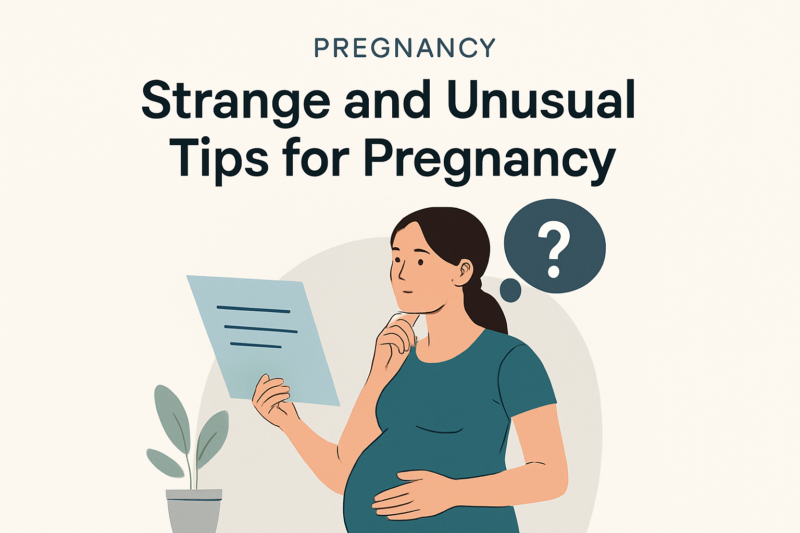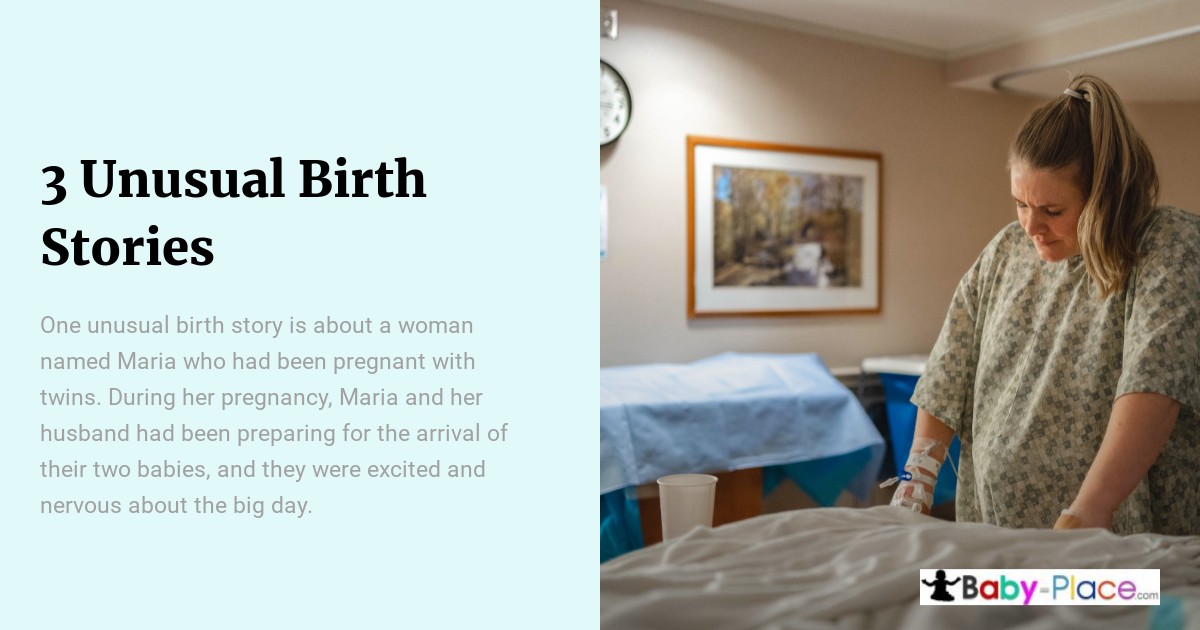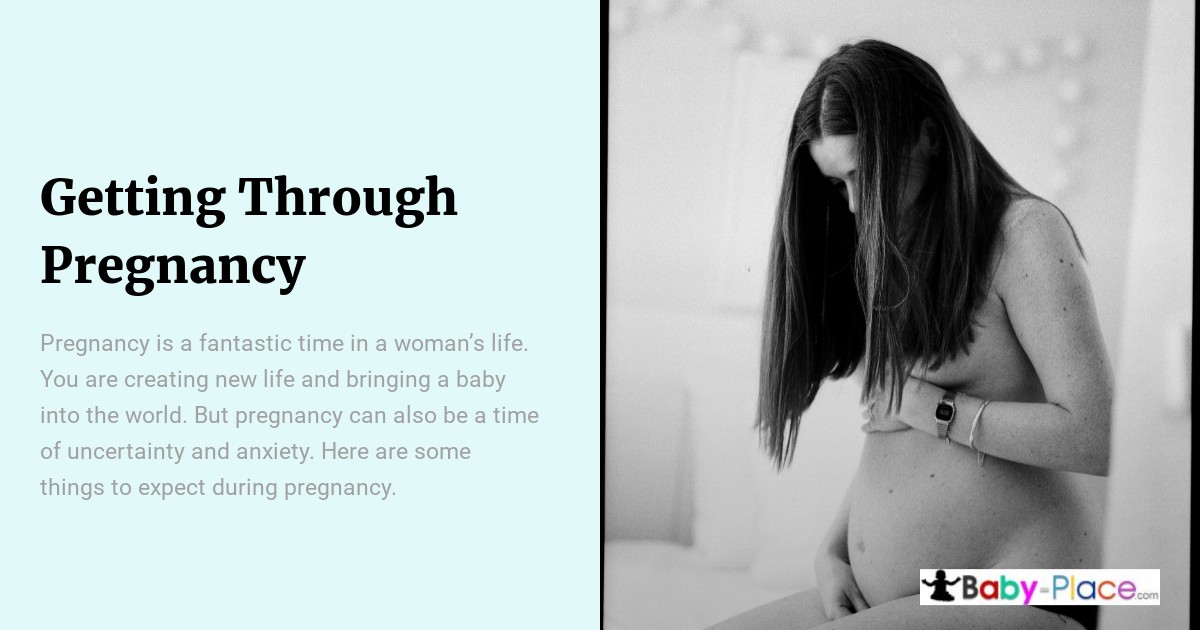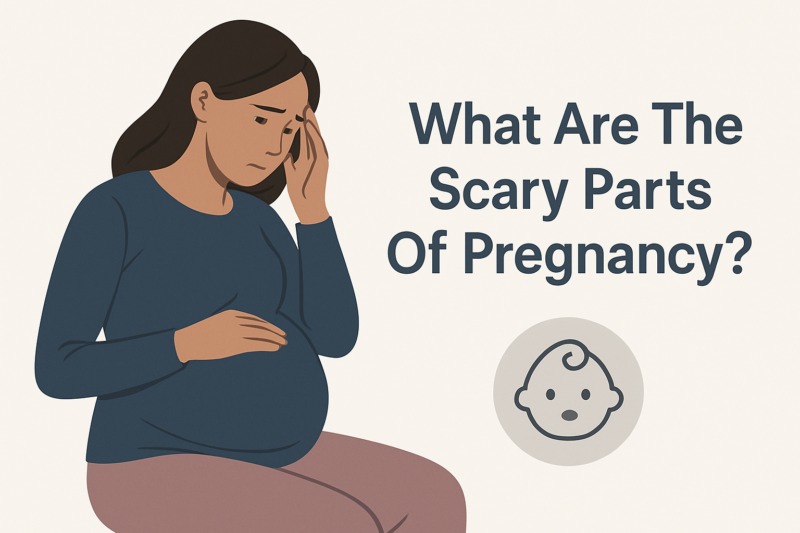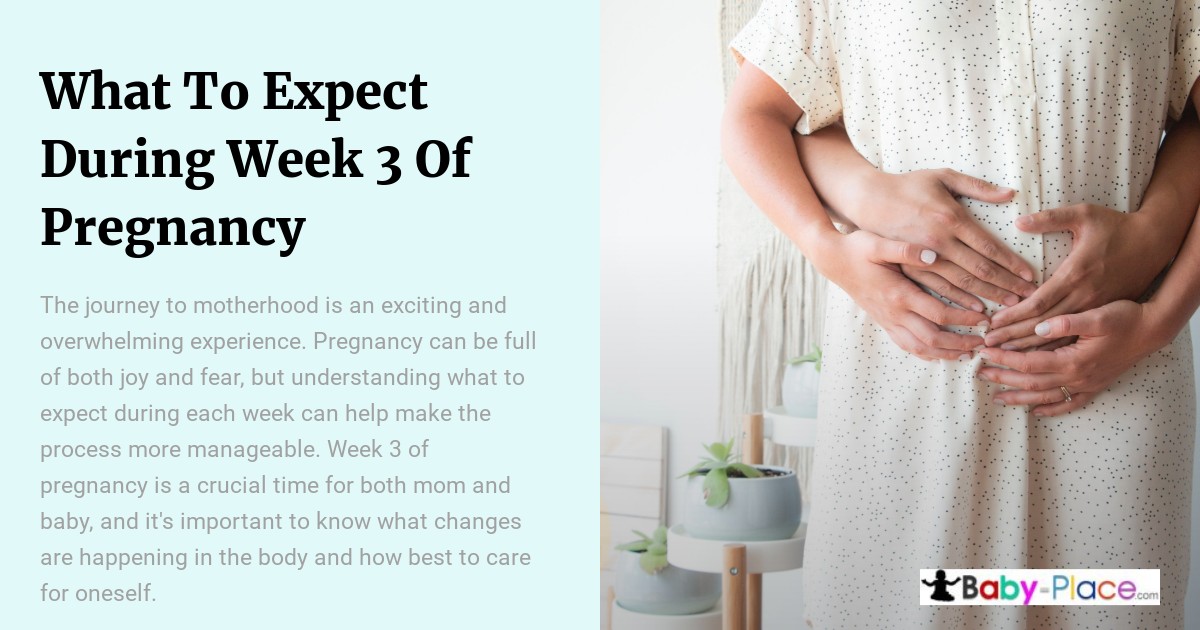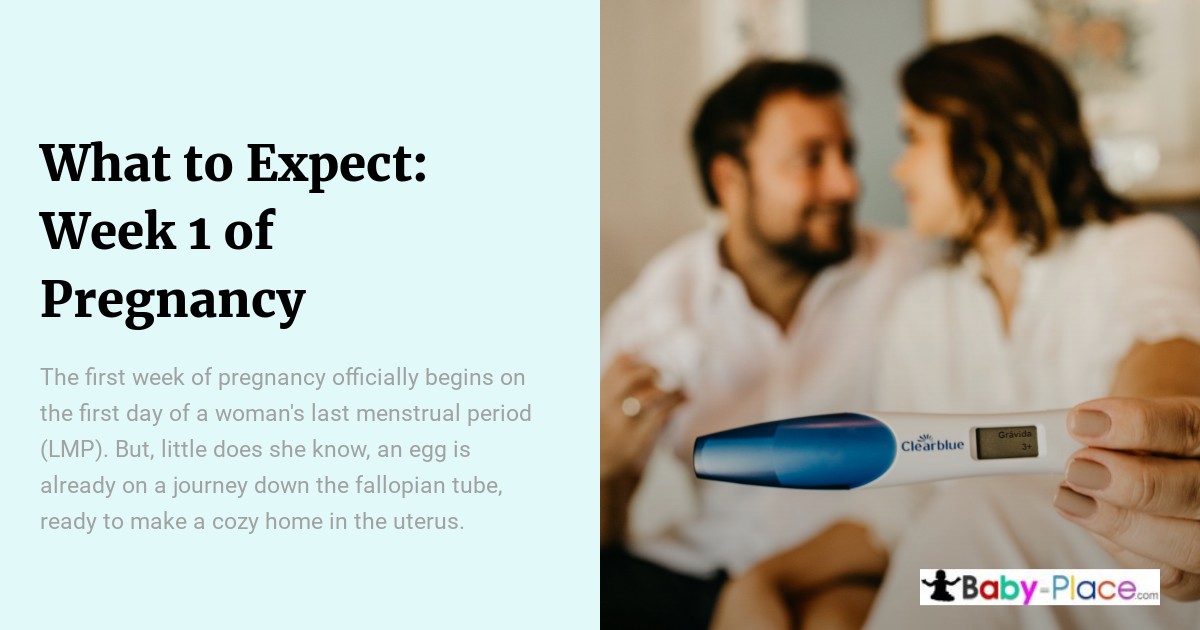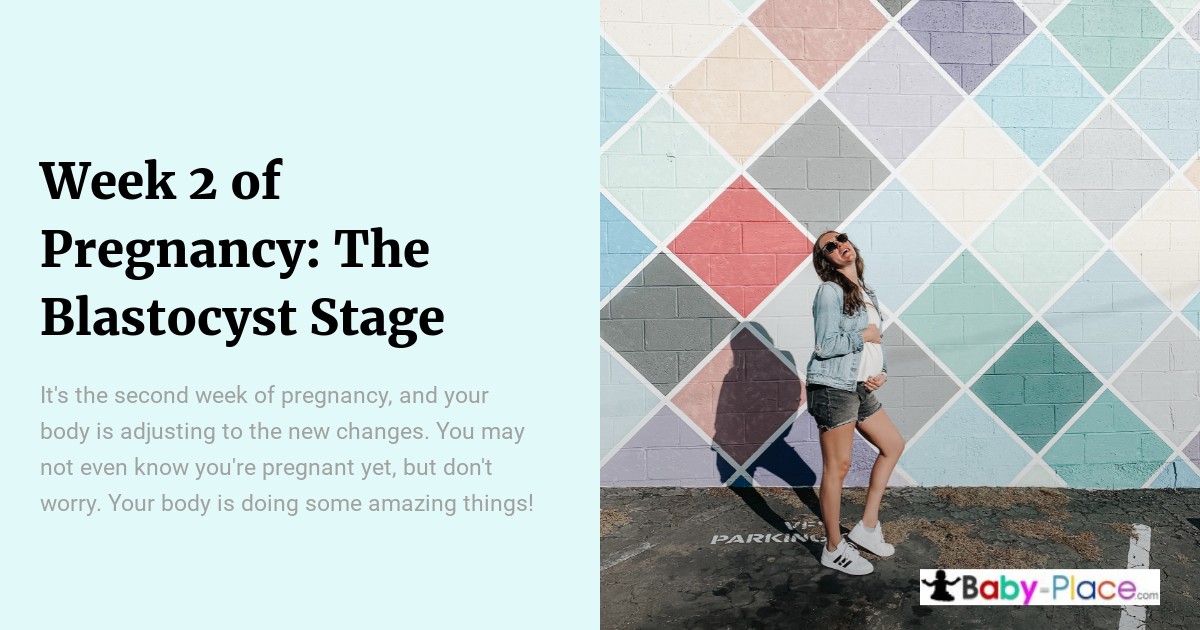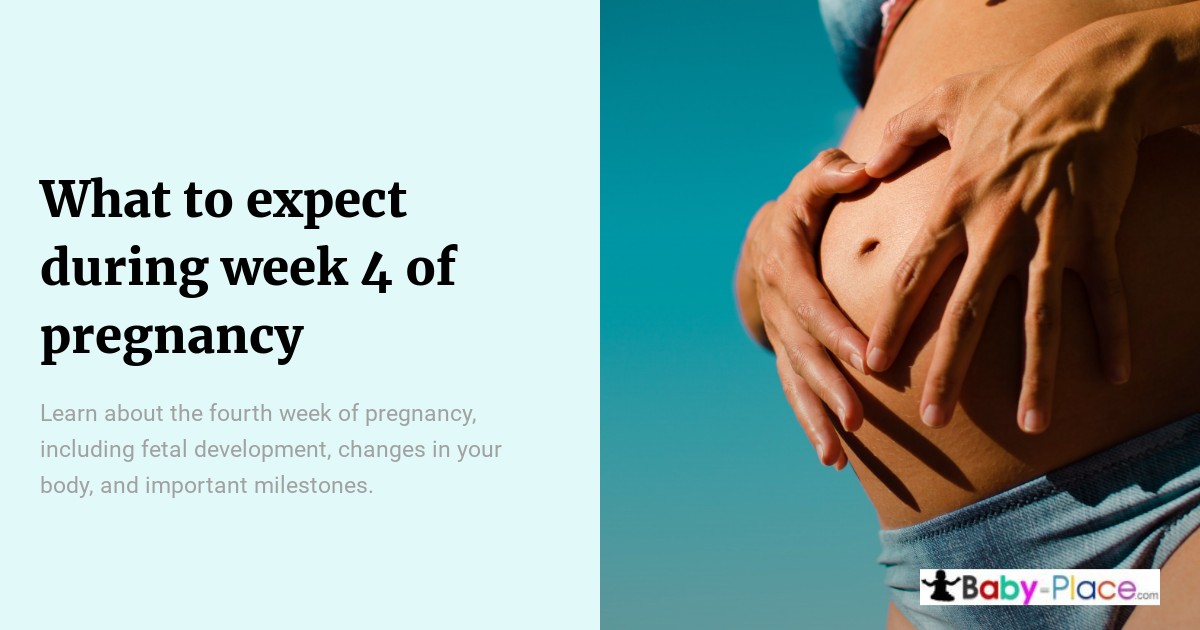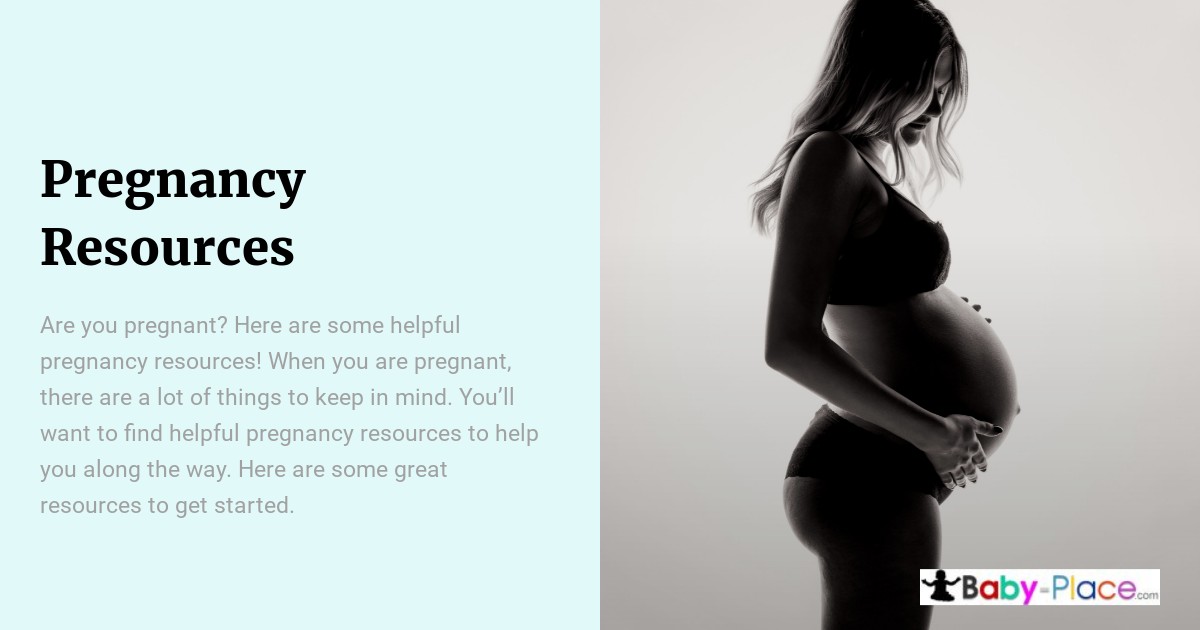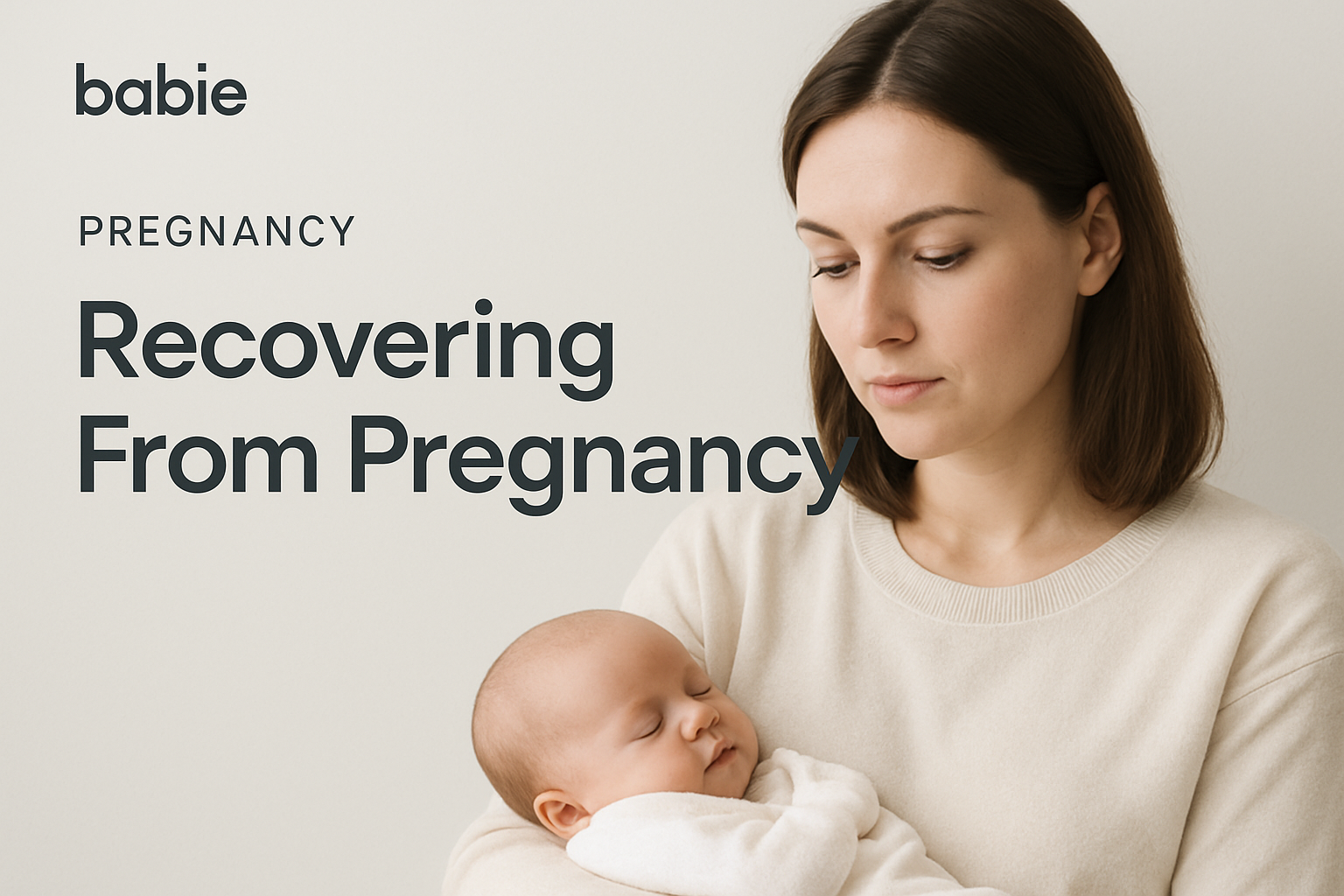
Pregnancy is an incredibly exciting and special time for expectant mothers. It can also, however, be a difficult period of physical and emotional changes. As such, it’s important to take the necessary steps toward successful recovery after giving birth. I’m here to provide expert advice to help make your post-pregnancy journey as smooth as possible.
The weeks and months that follow childbirth are often filled with intense emotions, from joy and elation to exhaustion and confusion. You’ll undoubtedly experience a range of ups and downs during this delicate transition into motherhood – but don’t worry! With the right mix of knowledge and self-care, you can ensure that your pregnancy recovery goes smoothly without compromising on quality time with your newborn baby.
I understand that the process of recovering from pregnancy isn’t always easy – but no matter where you’re at in your journey, there’s plenty of valuable advice available to guide you through any difficulties. In this article, I will discuss everything from mental health strategies to practical tips for taking care of yourself so that you can feel confident about reclaiming autonomy over your body once more. So let’s get started!
Postpartum Care
The journey of motherhood is a beautiful yet often challenging experience. As with all life changes, recovery, and healing are essential steps in the process. When it comes to recovering from pregnancy, postpartum care should be prioritized to help ensure your physical and emotional wellbeing.
Picture this: After nine months of carrying a baby around, now you find yourself needing time for tender self-care as you adjust to life after birth. A woman’s body has gone through tremendous transformation so it’s only natural that some extra attention and rest will be needed for full recovery. This can include taking naps or breaks during the day when possible, eating healthy meals and snacks regularly, drinking plenty of fluids, getting regular exercise (even if just light walking), doing pelvic floor exercises to strengthen muscles and increase bladder control, wearing comfortable clothing while avoiding anything too tight around the waistline area, and talking openly about any concerns or worries with friends and family members who understand what you’re going through.
Physical Challenges During Recovery
Moving from postpartum care to the physical challenges that can occur during pregnancy recovery, it is important to be aware of any issues you might experience. As your body changes and adjusts after childbirth, there are certain activities or movements which may cause difficulty in some cases. In particular, lifting heavy objects or engaging in strenuous exercise can be uncomfortable due to weakened abdominal muscles. Additionally, new mothers often find themselves feeling fatigued and lacking energy as their bodies recover from giving birth. This fatigue can make everyday tasks more difficult than normal.
It is essential for pregnant women to take time out for themselves so they can rest and recuperate properly. Taking regular walks, eating nutritious meals and drinking plenty of fluids are all great ways to start rebuilding strength and energy levels. If necessary, consult a medical professional who will provide recommendations tailored specifically for your situation. Ultimately, having patience with yourself throughout this process is key – allowing your body the space it needs to heal and adjust naturally will help ensure a smooth transition into motherhood!
Emotional Challenges During Recovery
It’s no secret that recovering from pregnancy can be an emotional roller coaster. Many women experience a range of feelings as they come to terms with their new role in life, including sadness, anxiety and even guilt. It’s important to remember that these emotions are normal and you don’t have to go through them alone – there is plenty of support available for mothers going through this difficult time.
It’s also important to take care of yourself during recovery. Make sure you’re getting enough rest, eating well and exercising regularly. Taking the time to focus on your physical health will help ease your mental state too. Also consider talking to family or friends about how you’re feeling; even just venting can make a world of difference! If needed, seek professional counseling or therapy services so you can get the help you need when dealing with any lingering emotional issues related to your pregnancy journey.
Nutritional Needs After Birth
After the joy of welcoming a new baby into the family, mothers often find themselves struggling to adjust to their post-pregnancy bodies. An essential part of that adjustment is understanding the nutritional needs after birth and how they differ from what was necessary during pregnancy.
Like winter snowflakes, no two women’s recovery journeys are alike. That said, one thing remains constant: nutrition can play an important role in helping us feel our best throughout this transition period. To help you get off on the right foot following your delivery, here are four key tips for incorporating nutritious foods into your diet:
- Eat plenty of protein-rich foods like lean red meat, fish, eggs, beans and nuts.
- Include healthy fats such as olive oil, avocados and nut butter in your meals and snacks.
- Enjoy colorful fruits and vegetables – these contain vitamins and minerals vital for energy production and overall health.
- Don’t forget about dairy products; calcium helps keep bones strong while supporting other body functions too!
By taking care of yourself through proper nutrition, you will be setting up both you and your baby for success now and in years to come. As a mommy recovering from pregnancy it’s important to remember that self-care is not selfish but rather an investment in your own wellbeing.
Sleep Requirements Following Delivery
Getting adequate sleep is essential for recovery after pregnancy. Sleep deprivation can lead to further health issues, such as fatigue and depression. After delivery, new mothers should aim for 7-9 hours of sleep per night. It’s important to prioritize rest during this time, especially if you are breastfeeding or caring for a newborn baby.
Taking naps throughout the day can be beneficial too. Consider taking short 15-20 minute power naps when your baby takes theirs. This will help restore energy levels so that you have enough stamina to carry out daily activities and meet the needs of your family members. If there’s someone who can watch over the baby while you nap, take advantage of it! You don’t want to push yourself beyond exhaustion; make sure you listen to your body and give yourself permission to relax and take breaks.
Importance Of Exercise
Soon after giving birth, new moms face the challenge of recovering their pre-pregnancy strength and stamina. Exercise is an important part of that process! Exercise helps build muscle mass, relieves stress, and boosts energy levels. And though it may seem like a daunting task at first, getting back into shape can be done gradually with just a few minutes each day.
To begin your postpartum exercise routine, start by taking short walks around the block or in your neighborhood park. This gentle form of movement not only gives you some fresh air but also serves as a great way to connect with other moms who are going through similar stages of recovery. Additionally, even light stretching activities such as yoga or Pilates can help strengthen abdominal muscles which have been weakened during pregnancy and delivery.
Remember: exercising isn’t just for physical health – its mental benefits should not be overlooked either! Consistent exercise releases endorphins which lead to improved moods and increased self-confidence. So don’t worry if you’re unable to do any strenuous exercises right away; take small steps towards achieving your fitness goals – beginning with something simple like walking can make all the difference in helping you on the road to full recovery!
Bonding With Your Baby
Once you and your baby have recovered from the physical aspects of pregnancy, it’s time to focus on bonding emotionally. This connection is just as important for both mother and child, so don’t hesitate to devote some extra effort into developing it.
The best way to do this is through plenty of skin-to-skin contact with your newborn. The warmth and closeness will help create a secure attachment between you two that can be beneficial throughout life. Try snuggling up in bed or cradling them during feeding; these activities will allow you to form an emotional bond quickly and easily. Taking part in interactive playtime together also helps strengthen this relationship by allowing your little one to learn about their environment while having fun with Mommy.
As such, take advantage of any opportunity you get to interact with your precious bundle of joy – even if it seems like small gesture at first! In no time, the loving connection between parent and child will become apparent which often serves as a source of comfort and security for both parties.
Self-Care After Pregnancy
Taking care of yourself after pregnancy is essential for your overall health and well-being. You should make sure to get plenty of rest, as this will help you recover from the physical strain that a pregnancy can bring. Eating nutritious meals and drinking enough fluids will also be important in helping you stay energized throughout the day. Exercise can likewise provide many benefits, allowing you to regain strength while still giving your body time to heal.
Additionally, it’s key to make sure you have emotional support during this time. Reaching out to family members or friends may prove beneficial if you find yourself feeling overwhelmed with all the changes happening in your life right now. Finding an online community of new moms can also be helpful; connecting with others who are experiencing similar feelings can be comforting and reassuring. It’s always okay to ask for help when needed! Taking some “me” time is just as vital – whether through meditation or doing something relaxing such as reading a book or listening to music – so don’t forget about taking care of yourself emotionally too.
Returning To Work
Returning to work after having a baby can be overwhelming and stressful. It’s a transition that requires careful planning, preparation, and forethought. For many women the prospect of leaving their new bundle of joy at home while they return to the workplace is daunting – but it doesn’t have to be. Like any other life change, returning to work post-pregnancy can be managed with grace and confidence if you take the time to plan ahead.
Before returning to work, you should evaluate your options carefully. Consider what kind of job will best suit your lifestyle as a parent: Will part-time or remote working options better fit into your family’s needs? How much childcare do you need? What type of daycare works for both your budget and schedule? Are there local support groups such as breastfeeding networks or stay-at-home mom clubs where you can find camaraderie among parents who are in the same boat? Establishing these types of resources before reentering the workforce can help make coming back smoother sailing.
When considering when exactly to go back, try not to rush yourself or feel pressure from outside sources; listen instead to what feels right for you and your infant during this important period of bonding and adjustment. Be sure to give yourself enough time off so that you come back feeling energized, rested, and ready for success!
Support Systems For Mothers
Now that we have discussed returning to work after pregnancy and the process of recovery, it is important for mothers to establish a support system. It can be beneficial to seek out family members, friends, or other professionals who can provide emotional support during this overwhelming time. In fact, having an understanding network of people around you may make the transition back into the daily routine much easier.
Support systems should not only include those close to you but also health care providers like obstetricians and midwives as well as mental healthcare specialists. Professional resources such as lactation consultants, birth doulas, or postpartum counselors can help guide new moms through their journey and ensure they are receiving the best possible care. Additionally, online communities of experienced parents are often available in order to gain valuable advice from others who have gone through similar experiences.
The importance of creating a strong circle of support cannot be overstated when trying to recover from pregnancy. Having access to these helpful tools will enable mothers to focus on taking care of themselves and their families without feeling overwhelmed by any challenge that comes along with motherhood.
Dealing With Postpartum Depression
Postpartum depression is a common, but serious issue that many new mothers face. It can cause mood swings, anxiety, fatigue and even thoughts of harming oneself or their baby. Fortunately, there are ways to manage postpartum depression and reduce its effects on your life.
The first step in managing postpartum depression is recognizing the signs and symptoms. This includes feelings of intense sadness, changes in sleep patterns, loss of interest in activities you used to enjoy and difficulty bonding with your baby. Once these symptoms have been identified, it’s important to seek help from a mental health professional; this could be a therapist or doctor who specializes in women’s health issues such as obstetrics or midwifery.
| Symptoms | Treatment Options | Benefits |
|---|---|---|
| Sadness | Counseling | Support |
| Sleep Changes | Medication | Improved Mood |
| Loss of Interest | Exercise | Increased Energy Levels |
| Difficulty Bonding | Nutrition | Better Mental Health |
These professionals will work with you to create an individualized treatment plan tailored to meet your needs. This may include counseling sessions that address underlying causes for postpartum depression as well as medication management if necessary. In addition to traditional methods of treatment, lifestyle modifications such as nutrition, exercise and relaxation techniques can also be beneficial when dealing with postpartum depression.
It’s important for new moms to understand that they don’t have to suffer through postpartum depression alone; support systems like family members, friends and other moms going through similar experiences can provide comfort during difficult times. Seeking professional help early on is essential for successful recovery from postpartum depression so don’t hesitate – reach out today!
Treatments For Postpartum Depression
Now that we’ve discussed the basics of postpartum depression, let’s talk about treatments for this condition. For those struggling with postpartum depression, there are a few treatment options available to help manage symptoms.
The most common and effective treatment is therapy or counseling. This allows individuals to discuss their feelings in a safe space and work on coping strategies such as relaxation techniques and communication skills. Cognitive Behavioral Therapy (CBT) is often used in treating postpartum depression as it can help identify negative thought patterns and replace them with positive ones. Other forms of psychotherapy may be beneficial as well, including Interpersonal Psychotherapy (IPT), which focuses on relationships between people and how they affect emotions.
Medication can also be an option if more traditional therapies aren’t helping or if someone prefers medical intervention over psychological approaches. Common medications prescribed for postpartum depression include antidepressants like SSRIs or SNRIs or mood stabilizers such as Lithium or Lamotrigine. It’s important to note that any medication should be taken only under the guidance of a doctor and closely monitored for side effects. Additionally, lifestyle changes such as regular exercise, healthy eating habits, getting enough restful sleep, avoiding alcohol/drugs, setting realistic goals, talking to supportive friends/family members, and joining support groups online or in person can all contribute to managing symptoms associated with postpartum depression. With the right combination of professional care and self-care practices, recovery from postpartum depression is possible!
Managing Stress And Anxiety Levels
When it comes to recovering from pregnancy, managing stress and anxiety levels is a key part of the process. As such, many new mothers seek out advice on how best to navigate this facet of their recovery journey. In days long past, women would often turn to wise elders for help in times like these; today however, modern medicine has provided us with a range of coping strategies that can be used to alleviate any discomfort or distress felt during this time.
To begin with, self-care practices are essential when it comes to maintaining good mental health throughout your recovery period. Taking regular breaks away from any parenting duties gives you valuable moments of peace and respite – something all too necessary after having gone through the rigmarole of childbirth and raising an infant! Scheduling activities that bring joy into your life also helps to keep things balanced and reduce feelings of overwhelm. Whether it’s taking up yoga classes, starting a creative pursuit such as painting or writing, or simply meeting friends for coffee dates – carving out the time will do wonders for both mind and body alike.
No matter what avenues you choose to explore in order to take care of yourself, remember there is no one size fits all approach here. Everyone experiences postpartum differently so don’t feel pressured by unrealistic expectations others may have set upon you. Reach out if need be; speak openly about your struggles with family members or close confidants; find professional help if required: whatever works for you should always come first in this regard.
Caring For Yourself When You’re A New Mom
Now that you have become a new mom, it is important to take time for yourself in order to recover and adjust. Here are some tips on how to care for yourself during this transitional period:
Manage your energy
- Get enough sleep
- Take naps when possible
- Ask for help with childcare and household chores
Exercise
- Start with low-impact movements like walking or yoga
- Gradually increase exercise intensity as you feel able
- Find an activity that works well for you such as swimming, running, weightlifting or Pilates
It is also essential to pay attention to the foods you eat so that your body can heal properly following childbirth. Choose nutrient-dense meals and snacks throughout the day rather than processed convenience foods. Additionally, make sure to stay hydrated by drinking plenty of water throughout the day. Taking some time each day for activities that bring joy into your life such as reading books, listening to music or going out with friends will help keep stress levels at bay and give you something to look forward too. With these self-care practices in place, you’ll be better equipped to handle all of the demands of motherhood.
Preparing For Future Pregnancies
It’s an exciting time for a woman who has just given birth. After months of preparation and anticipation, it can be difficult to know what comes next. The journey to recover from pregnancy doesn’t have to end here – with proper care and planning, you can look forward to a successful recovery experience in the future.
When thinking about preparing for future pregnancies, many women find comfort in understanding their body’s unique needs. Listening to your body is essential; if something doesn’t seem right or feels off after giving birth, don’t hesitate to reach out to a healthcare provider. Additionally, it may help ease stress by speaking openly with family members about any concerns or worries that come up during post-partum recovery. It’s also important to take time for yourself: make sure you’re getting enough rest, eating nutritiously balanced meals, drinking plenty of fluids and engaging in light physical activity when ready.
Creating healthy habits now will go far in helping you feel better both during and after future pregnancies. Achieving optimal health before becoming pregnant again allows for more energy and less exhaustion throughout the course of each trimester – making those nine months much smoother sailing! As we all know, having the support system needed during this special period is key too – so don’t forget to surround yourself with positive people while taking good care of yourself along the way.
Conclusion
The journey to postpartum recovery is an important and necessary step for new mothers. Taking care of yourself, both physically and emotionally, is essential in order to be the best mom you can be. With proper nutrition, adequate sleep, plenty of self-care, and emotional support, you’ll soon feel like your old self again!
It’s estimated that up to 85% of women experience some level of baby blues or postpartum depression following childbirth. It’s critical not to ignore these feelings but instead seek appropriate help and resources if needed. I’m here to remind you that it’s ok to ask for help and there are many people who understand what you’re going through. Don’t hesitate to reach out when you need extra support; no one should have to go through this alone.
Recovering from pregnancy is a process that takes time and patience but ultimately will leave you feeling empowered as a mother. Congratulations on taking this incredible first step towards being the parent your child deserves!
Frequently Asked Questions:
What are some key aspects of postpartum care?
Postpartum care includes taking naps or breaks when possible, eating healthy meals and snacks regularly, drinking plenty of fluids, getting light exercise like walking, doing pelvic floor exercises, wearing comfortable clothing, and discussing concerns with supportive friends and family.
What physical challenges might new mothers face during recovery?
New mothers may experience weakened abdominal muscles, making lifting heavy objects or strenuous exercise uncomfortable. Fatigue is also common, making everyday tasks more difficult. Rest, nutritious meals, hydration, and consulting a medical professional can help in recovery.
How can new mothers manage emotional challenges after childbirth?
New mothers should prioritize self-care, including rest, healthy eating, and exercise. Talking to family or friends about feelings can help, and seeking professional counseling or therapy is recommended for persistent emotional issues.
What nutritional tips are important for post-pregnancy recovery?
Key nutritional tips include eating protein-rich foods (lean meat, fish, eggs, beans), healthy fats (olive oil, avocados), colorful fruits and vegetables, and dairy products for calcium. Proper nutrition supports energy levels and overall health during recovery.
How can new mothers manage sleep deprivation after delivery?
New mothers should aim for 7-9 hours of sleep per night and take short power naps (15-20 minutes) when the baby sleeps. Enlisting help from family or friends to watch the baby while resting can also be beneficial.

